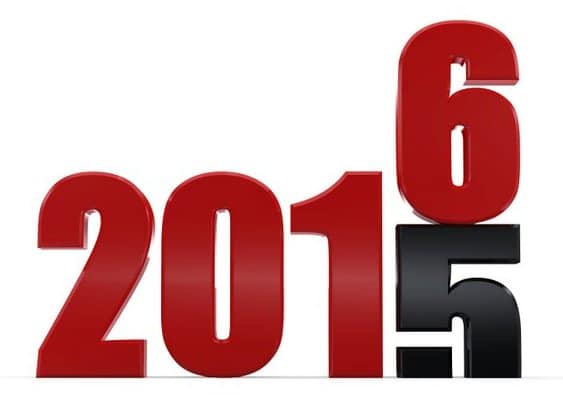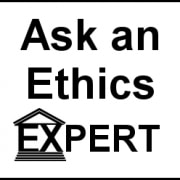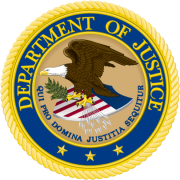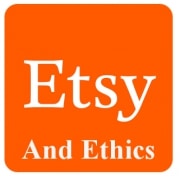Ethical Systems Year End Letter from Jon Haidt
Dear Friends,
Ethical Systems reflects on a year marked by tragedy and triumph, major ethics news and new research. We began 2015 by receiving IRS recognition of our organization as a 501c3 non-profit, and filing our first 990 report. Finally, we can begin raising money to fund our operations. What started as an informal collaborative network of researchers has blossomed into an official organization uniting researchers and business leaders who want to change the business world by “making ethics easy.”
But on March 9, our Executive Director Bryan Turner was killed in a tragic sports accident. We knew Bryan as a young man passionately devoted to ending poverty. He took on the leadership of Ethical Systems in part because he recognized the role that ethical businesses can play in lifting whole nations out of poverty. At his memorial services we learned so much more about him – he was nearly superhuman in his possession of the virtues of gratitude, selfless generosity, hope, and love.
In response to Bryan’s loss, Jeremy Willinger, our current Communications Director, stepped up to the challenge of leadership and guided us for 5 months as we searched for a suitable replacement. In September, Azish Filabi joined Ethical Systems as our new CEO. A lawyer by training, she comes to our organization after spending 8 years at the New York Federal Reserve, most recently as an Ethics Officer and Assistant Vice President. Given her background in ethics compliance and regulation, the fit could not be better.
With Azish now at the helm, we undertook a thorough reassessment of our aims and our strategy. We are a small organization looking to make a large impact, and we realized that we are well placed to break through several bottlenecks that are holding back business ethics research and preventing the best ideas from making their way into use.
Here are just three of the bottlenecks we identified:
Bottleneck 1: Nobody knows how to define or measure ethical culture.
Federal regulators want to encourage businesses to move beyond “compliance” and strive for “ethics” instead, but there’s no consensus on how to effectively do this. This Wall Street Journal article outlines the many disconnected efforts currently underway. Ethical Systems is perfectly placed to solve this problem, and we will do so in 2016. We have already begun planning a conference jointly hosted with the Behavioral Science and Policy Association for June 3, in New York City, which will bring together the nation’s experts in part to create this set of assessment tools.
Bottleneck 2: Researchers can’t get access to real companies.
The office of general counsel typically vetoes ethics research conducted by outsiders. There’s just too much risk, and no clear upside for the company. Until now. We have already begun a collaboration with the Business Ethics Alliance of Omaha, Nebraska to create the world’s first “City Ethics Lab”—a consortium of area businesses who are excited to work with us to streamline procedures—including exploring ways to protect cooperative companies from legal liability from anything arising during the research process.
Bottleneck 3: Business ethics is not yet a truly cumulative science.
Once we have created a standardized set of widely-used measurement tools and helped hundreds of research teams gain access to real companies, business ethics research will flourish. It will become a true science in which knowledge accumulates and good ideas rise to the top. At present, much ethics research is still stuck in a “clinical practice” stage, with each research team proposing its own constructs and testing them on students in the lab (rather than in real companies). There is no clear process for evaluating and integrating new claims, so progress has been slow. We will change this. With standardized measures of ethical climate used in many businesses, year after year, it will be far easier for companies to adopt an experimental mindset, testing out innovations that may improve their ethical culture and levels of trust.
If we can widen these three bottlenecks – or break them open entirely—the effects may be momentous and cumulative. That’s our plan for the next few years.
While 2015 was a hard year, we emerged with a much clearer sense of our mission and our strengths. We also made a great deal of progress building our networks of supporters and collaborators (our mailing list, web traffic, online engagement and followers on Twitter, Facebook, and LinkedIn are all up between 30% and 120%).
And we have greatly expanded our online offerings, including 2 new research pages (on whistle blowing and corporate culture), more than 50 new blog posts on ethics, culture, current events and more, interviews with leading experts across industries and academic disciplines, and a variety of new programs including Breakfast Roundtablesto bring business leaders and researchers together to discuss pressing topics, andEthical Systems Movie Nights, to bring together the business ethics community in New York City. (We would love to have you join- email us to get on the invite list).
Our collaborators also had a banner year, leading and presenting new research and resources in academic and mainstream media that illuminated decision-making, workplace ethics, industry-specific and attitudes towards ethics. We created a blog that highlights many of these significant contributions towards advancing our understanding of behavior that so deeply impacts business and society.
Thanks to all of you who have supported us so far and joined us on our journey. 2016 will be our breakout year – the year we go beyond collecting research and start using that research to change the world.
May I ask you to help us just a bit more? Visit us online, follow us on Twitter, LinkedIn and Facebook, sign up to our newsletter if you received this from a friend, and forward this newsletter to 2 people who you think might support our mission to help make ethics easy.
With best wishes for 2016,
Jonathan Haidt, Founder and Director









